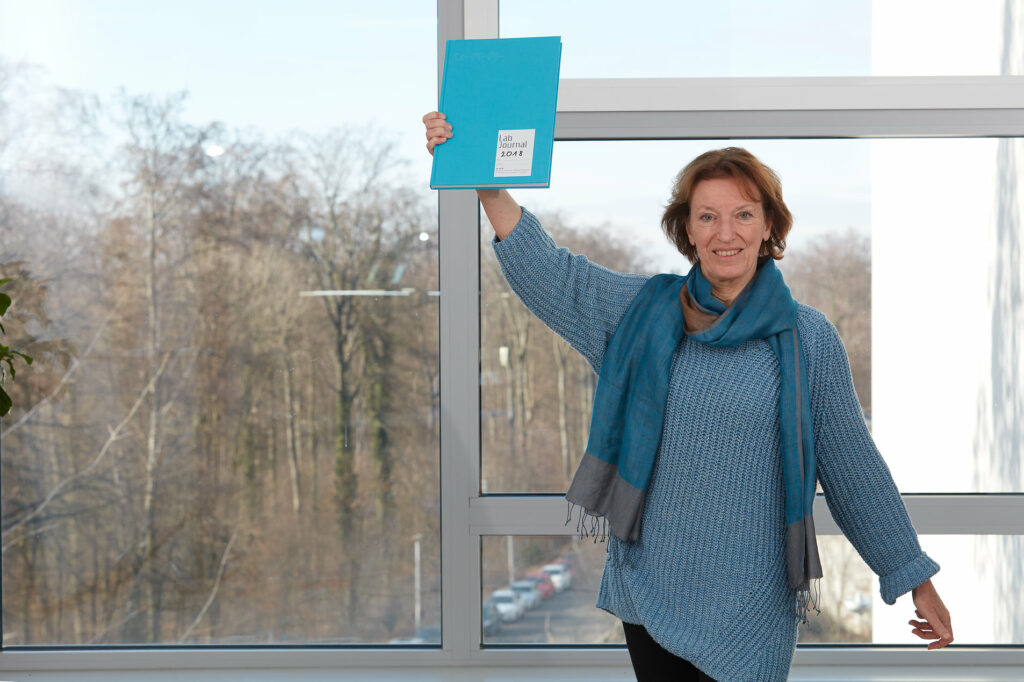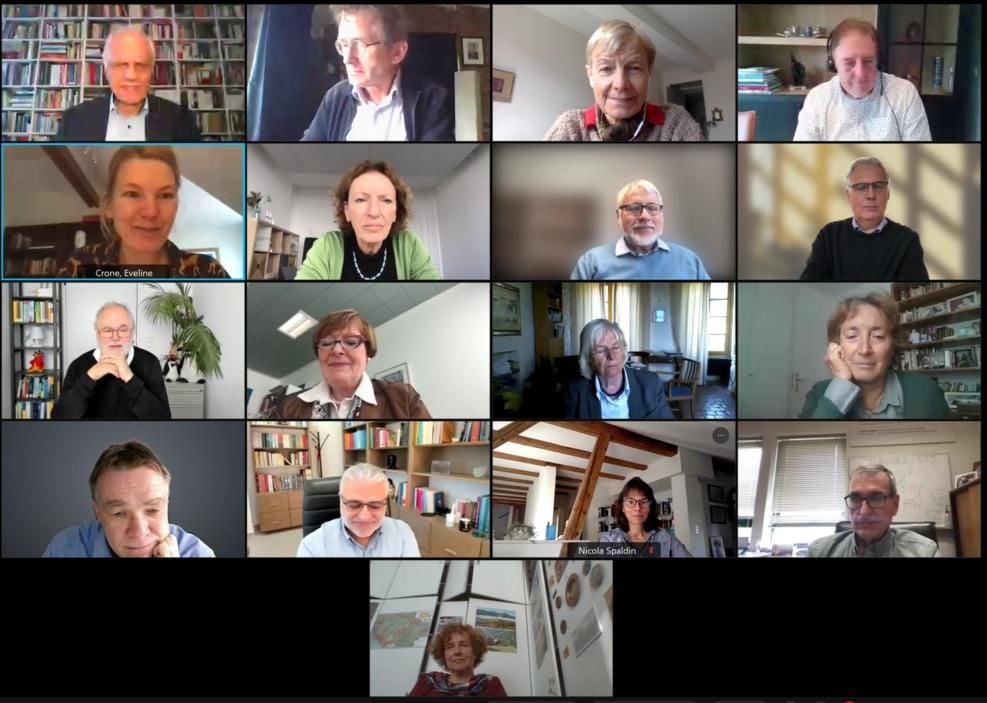The European Research Council (ERC), the main agency for funding fundamental research, has a new President: Professor Maria Leptin. She took office on November 1, 2021.
Maria Leptin, a biologist and immunologist, was the Director of the European Molecular Biology Organization (EMBO) from 2010 to 2021, founded a research group at the European Molecular Biology Laboratory (EMBL) in Heidelberg.

Photo by Marietta Schupp from the website of the Research Center for Molecular Medicine of the Austrian Academy of Sciences
After completing her studies in mathematics and biology at the Universities of Bonn and Heidelberg, the current ERC President worked on her doctoral thesis at the Basel Institute of Immunology (Switzerland). In 1984, as a postdoc, she conducted research at the Laboratory of Molecular Biology in Cambridge. This work laid the foundations of her achievements in the field of molecular morphogenesis. In 1994, she became a professor at the Institute of Genetics at the University of Cologne, where she heads the research group.
Professor Leptin was elected a member of the EMBO, Academia Europaea and the German National Academy of Sciences (Leopoldina), she is an honorary member of the British Academy of Medical Sciences.
Explaining why Maria Leptin was chosen by the European Commission, EU Commissioner for Innovation, Research, Culture, Education and Youth Maria Gabriel said that “Professor Maria Leptin is the right choice for these tasks, given her outstanding academic career and international popularity. and proven experience of innovation and leadership … Her strong scientific and managerial experience, her many years of involvement in European issues, her pioneering role in the scientific community and her acquaintance with European institutions are all highly valued.”
What tasks were mentioned in the quote of Maria Gabriel? Since its founding in 2007, the European Research Council has gained a worldwide reputation for funding fundamental research that opens up new knowledge for humanity. Strong leadership, according to EU commissioners, will further enhance its reputation. This is especially important for the implementation of the Horizon Europe framework program.
“Fundamental research that expands the boundaries of our knowledge can help solve some of the most important problems of our time,” Maria Leptin said. During its existence, she says, the ERC has created mechanisms for allocating funds and selecting grantees based on principles that reward individual excellence and ideas that are implemented in new promising areas of research. In less than 15 years, the ERC has funded more than 10,000 of the world’s best researchers.
In a written interview on the occasion of her appointment, the new President said promising things for countries like Ukraine: “We need to engage less represented countries or communities and find ways to help them gain better access to ERC grants.”

It is known that the European Research Council awards grants in open competitions to projects headed by both novice researchers and renowned scientists. The only selection criterion is scientific excellence.
“I want to contribute to the strengthening and formation of the European research system, in particular, through high-quality scientific assessment and the establishment of international standards of success,” Maria Leptin said.
“It is a great honor for me to become the new President of the European Research Council at this crucial time at the beginning of the Horizon Europe Framework Program,” Maria Leptin said. “I intend to continue the fantastic success story of the ERC and support excellent research to meet global challenges.”
We wish the new President of the European Research Council to effectuate her intents. The countdown to her first 4-year term has begun.
The Head of the RRC is appointed by the European Commission for a term of up to four years with the possibility of a one-time renewal.
Larysa OSTROLUTSKA
Svit newspaper, №41 – 42, November, 2021
On the photo:
Photo by Marietta Schupp from the website of the Research Center for Molecular Medicine of the Austrian Academy of Sciences
The European Research Council also meets online. Photo from Maria Leptin’s Twitter account
